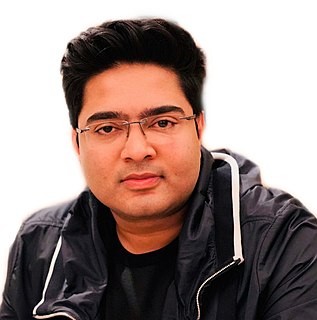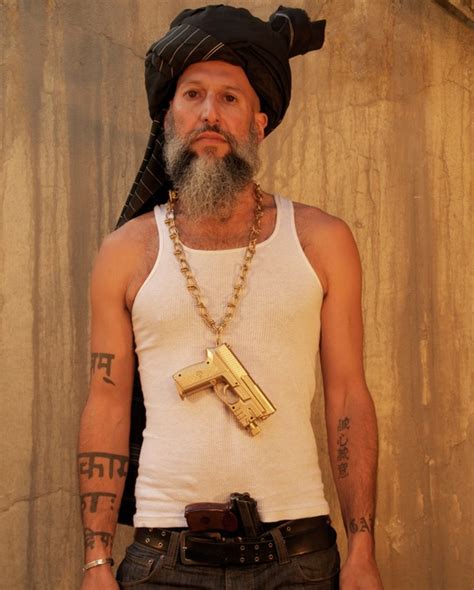A Quote by E. L. Doctorow
Like art and politics, gangsterism is a very important avenue of assimilation into society.
Related Quotes
There is the specter of "realism" that is still haunting Chinese contemporary art - that art is only an instrument, an instrument to reflect society, that it must be useful for society. Also, I have noticed many Western media outlets are very insistent on understanding contemporary art in China through this kind of realist approach. Sometimes I even sense that they are intent on, as we say in China, "picking bones of politics out of an egg of art." Or perhaps they see art as merely an instrument to reflect society.
Harlem for me is Atlanta, Las Vegas, and Washington, D.C., in one place. You have very significant churches that have had national ramifications. At the same time, you have politics. On top of all that, you have entertainment because you have 70 years of music that came out of here, and if you scratch that, gangsterism happens.
The religion of art, like the religion of politics, was born from the ruins of Christianity. Art inherited from the old religion the power of consecrating things and endowing them with a sort of eternity; museums are our temples, and the objects displayed in them are beyond history. Politics--or more precisely, Revolution--co-opted the other function of religion: changing human beings and society. Art was an asceticism, a spiritual heroism; Revolution was the construction of a universal church.
Certainly here in the U.S., we've had fundamentalist movements that have taken very critical and hostile attitudes toward immigration and the assimilation of immigrants into our society and culture. So these tendencies are fairly universal. The problem is what if they get out of hand and become the dominant factor in a society, which can only lead to the oppression of minorities or even to war with neighboring societies with differing cultures. That's why it seems to me it's important to try to keep these tendencies toward extremism under control.
The fact that we're all hyphenating our names suggests that we are afraid of being assimilated. I was talking on the BBC recently, and this woman introduced me as being "in favor of assimilation." I said, "I'm not in favor of assimilation." I am no more in favor of assimilation than I am in favor of the Pacific Ocean. Assimilation is not something to oppose or favor - it just happens.
My definition of art has always been the same. It is about freedom of expression, a new way of communication. It is never about exhibiting in museums or about hanging it on the wall. Art should live in the heart of the people. Ordinary people should have the same ability to understand art as anybody else. I don’t think art is elite or mysterious. I don’t think anybody can separate art from politics. The intention to separate art from politics is itself a very political intention.
Navalny is doing a very important thing in his segment of society. Gudkov is a doing a very important thing in his segment of society. Yabloko, or more accurately, some of the leaders of the Yabloko party, are doing a very important job in their segment of the population, people such as Schlosberg. And our organization Open Russia is also doing important work with its segment of society, because those people who are focused on us, our segment, they're not part of those other segments.
All great art is by its very essence in conflict with the society with which it exists. It expresses the truth about the existence regardless of whether this truth serves or hinders the survival purpose of a given society. All great art is revolutionary because it touches upon the reality of man and questions the reality of the various transitory forms of human society.







































